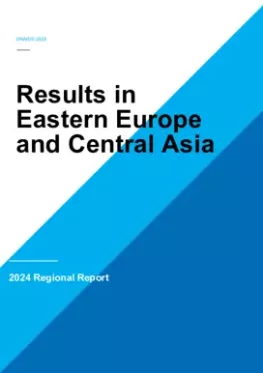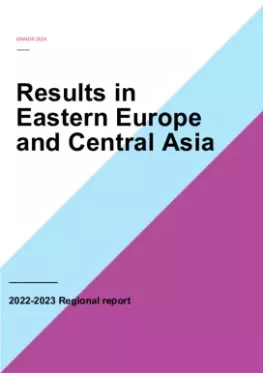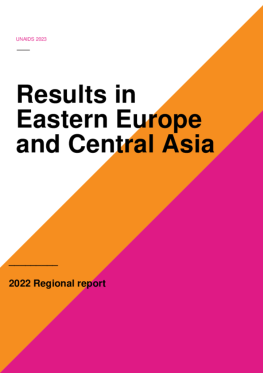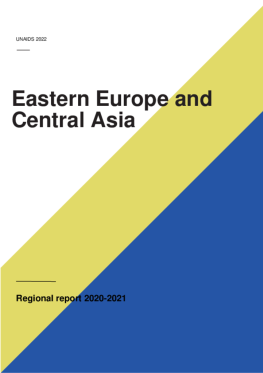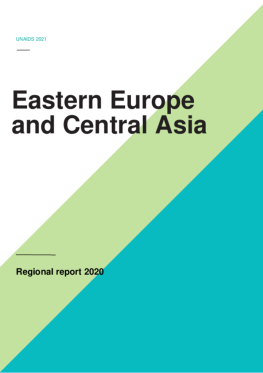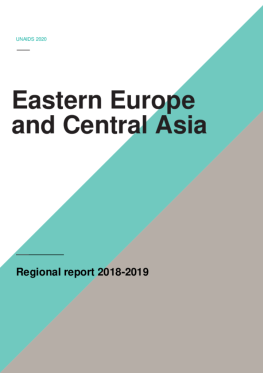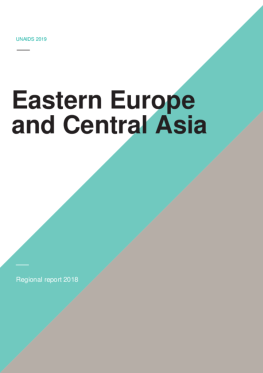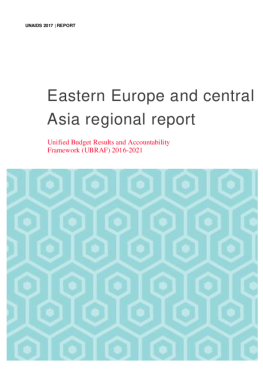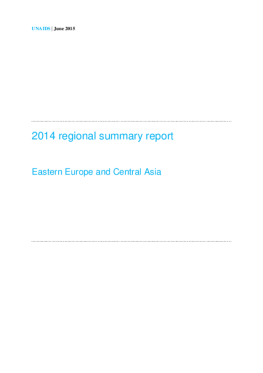In 2024, with the Joint Programme’s support, the Eastern Europe and central Asia region continued to leverage coordinated action, translate science including health technologies into policies, programmes and improved system including innovative approaches and knowledge management to advance HIV combination prevention and treatment service access for key and other priority populations. All countries in the region incorporated pre-exposure prophylaxis (PrEP) in their comprehensive prevention package. Through the strategic use of digital platforms, over 3.5 million adolescents and young people and some 500 000 adults were reached on HIV prevention, testing, treatment and non-discrimination of people living with HIV. Millions of students including adolescents accessed HIV and reproductive health education, counselling, mental health services and gender-based violence through effective partnership across sectors including community empowerment, integrated services and media technologies. Efforts to reduce risk of HIV and improve services for people in prison and other closed settings and for people who used drugs through policy change and capacity building led to further progress.
Eastern Europe and Central Asia
A shared interregional community-led HIV monitoring roadmap, technical assistance and commitments to enhance collaboration between communities and the government were agreed upon and a regional community-led monitoring consensus resolution further guides the operationalization of practices and fosters alignment across countries.
Legal and policy reforms, guided by the Joint Programme, contributed to expanding access to HIV services for vulnerable communities across the region. Through partnership, advocacy and research-informed action, the region made progress in removing harmful barriers to HIV services and there was a noted reduction in criminal prosecution of HIV exposure, non-disclosure and transmission including through criminalization of domestic violence and stricter penalties for offenses in some countries. HIV services for vulnerable communities were expanded through legal and policy reforms, ministerial partnership with HIV-service organizations, accessibility to legal aid, capacity building and the bold convening of the regional 10–10–10 Taskforce to drive accountability for the 10–10–10 targets and advance key population-led policy and law reform. Progress was also made in increased ability of women to identify and report violence and abuse, and a decrease in self-stigma when reaching out for support from public services.
Collaborative efforts continued and intensified to save lives through sustained essential HIV services amid the region’s humanitarian crisis. Thanks to the Joint Programme’s support, sustainable and innovative financing for HIV and health and improved service delivery across the region progressed. This includes the completion of sustainability roadmaps, expansion of social contracting and integration of services and expansion of the number of HIV-serving NGOs in some areas.


